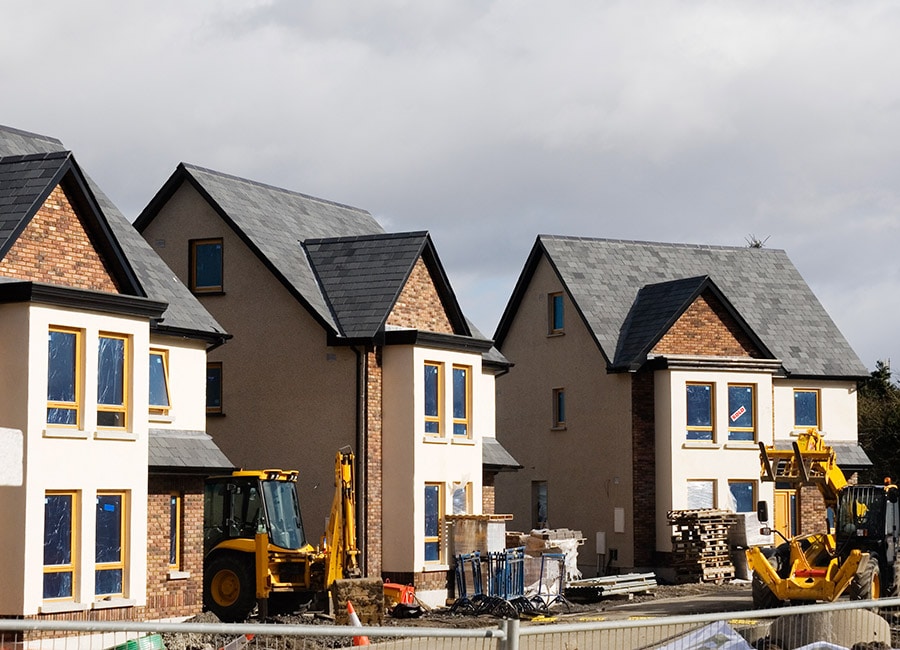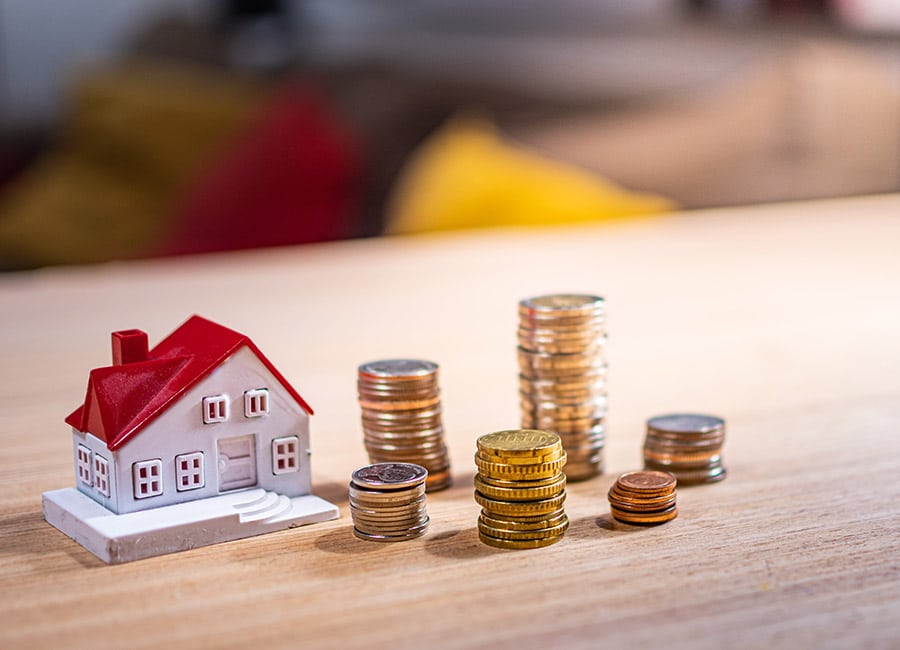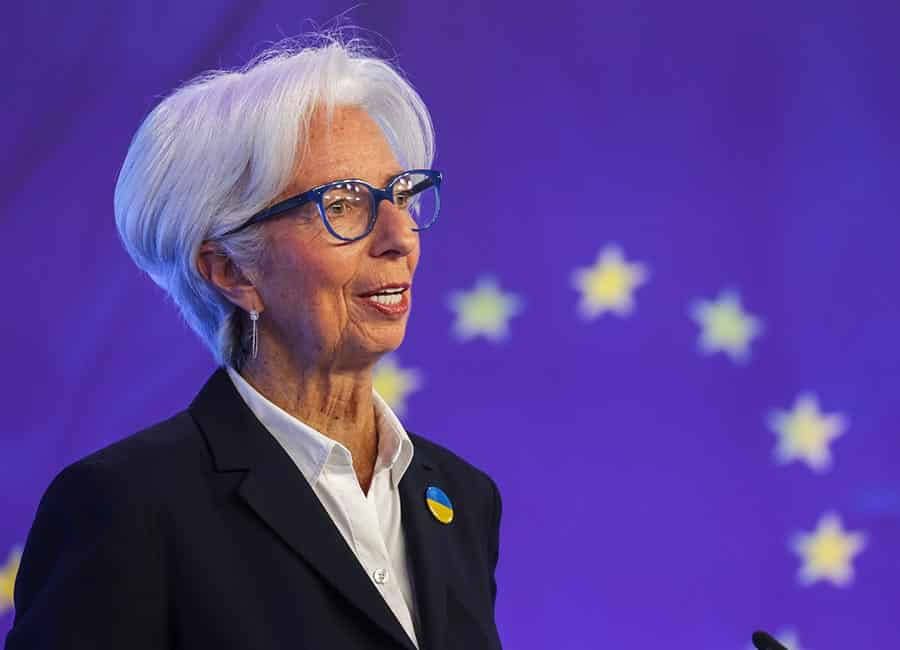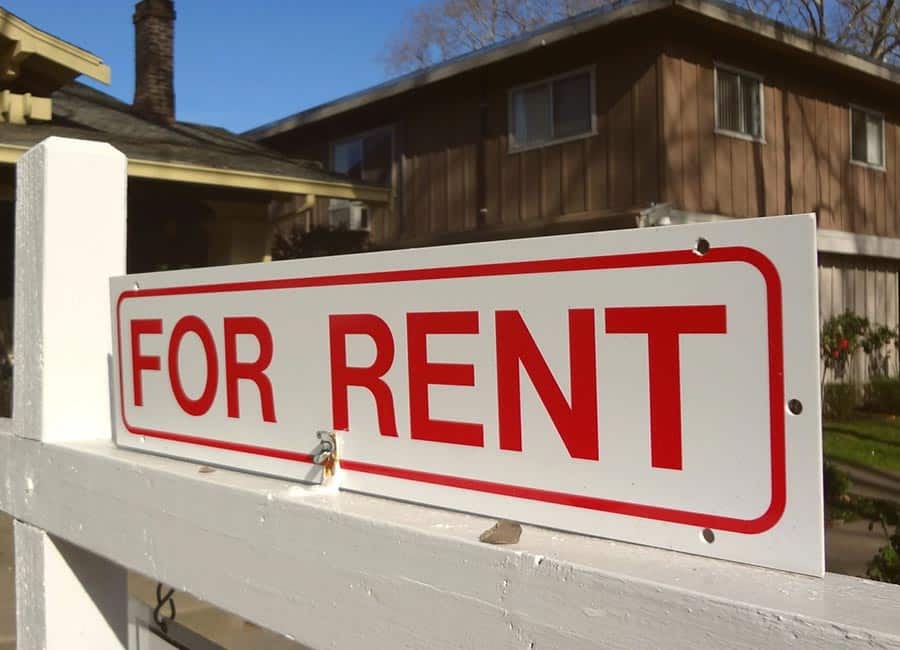House prices growth has fallen for the first time in nearly two years as the cost of houses and apartments rose 14.2% nationally in the 12 months to April, according to the latest Central Statistics Office (CSO) figures.
The increase compares to growth of 15.1% in the year to March, with property prices increased 11.5% on an annual basis in Dublin and 16.4% outside the capital.
In Dublin, house prices rose 11.3% yea-on-year and apartment prices were up 12.8%, with house price growth quickest in Dublin city (+12.7%). Outside of Dublin, house prices rose 16.4% and apartment prices increased 16.3%; the border region saw the quickest growth (+22.1%) while the prices in the mid-west rose a comparatively modest 11.7%.
However, on a monthly basis, the pace of growth has been slowing since September 2021.
A total of 3,446 residential purchases were filed with the Revenue in April, a 9.8% increase year-on-year and a 12% decrease from March, while the total value of transaction of €1.1bn.
The median average price paid for a home in the year to April was €286,000, rising to €410,000 in Dublin and €605,000 in Dún Laoghaire-Rathdown, while the highest median prices outside Dublin were in Wicklow (€395,000) and Kildare (€345,000), while the lowest prices in the county could be found in Longford (€137,000).

Trevor Grant, chairperson of the Association of Irish Mortgage Advisors (AIMA), said increasing supply should ease property growth but that inflation in the cost of raw materials and labour could apply upward pressure to prices.
"Prospective homebuyers are looking to know whether they should move now or wait it out, in the hope that prices might soften," Grant said. "No-one can say with any degree of certainty what’s going to happen to prices, but there definitely appears to be scope for further increases, so if you’re in a position to buy now – and particularly, if you’re currently renting, then it might be best to push ahead with your plans."
"The increase in the value of homes throughout the country is good news for those who already own their own home of course, and people should be able to leverage off this when it comes to securing better home loan rates. A lower loan-to-value ratio for these mortgage holders opens up more opportunities for switching.
"Longer-term fixed-rate options should definitely be considered. Historically speaking, they are exceptionally low and offer security of payment against future interest rate increases. A number of lenders also offer additional flexibility regarding making overpayments without penalty, and some are portable to new properties in the future."
Joey Sheahan, head of credit at MyMortgages.ie, said all eyes would be on next month's European Central Bank (ECB) rate announcement, but expressed scepticism that further increases would "induce a correction" in the residential property market.
"On its own, a rate increase could exert downward pressure on the rate of growth of house prices, but inflation in the construction industry coupled with insufficient supply in the Irish market are driving prices the other way," he stated.
"It’s clear that supports like the Help to Buy Scheme will remain integral to the residential property market for some time to come," he said, adding that homeowners should consider switching lenders to secure the lowest rate possible.











